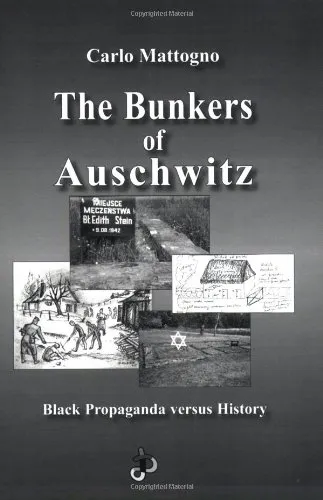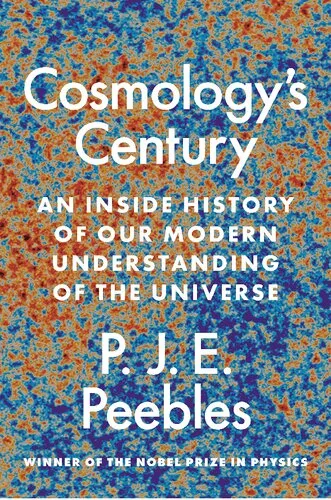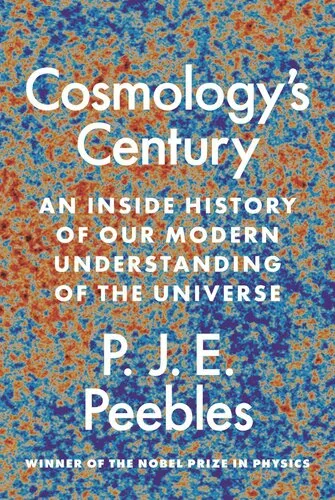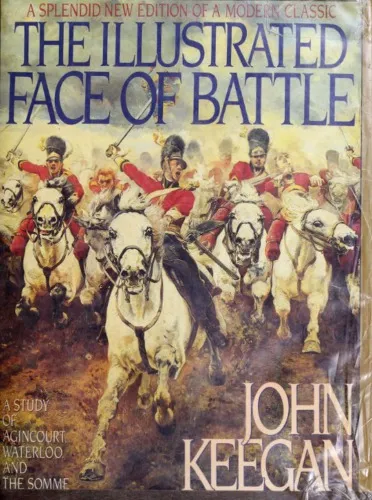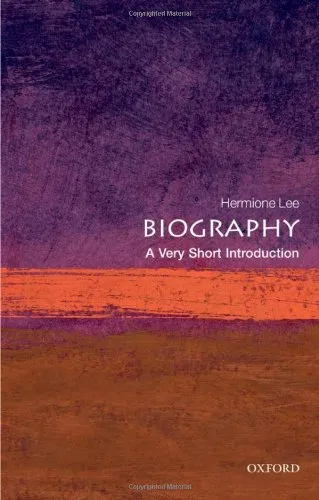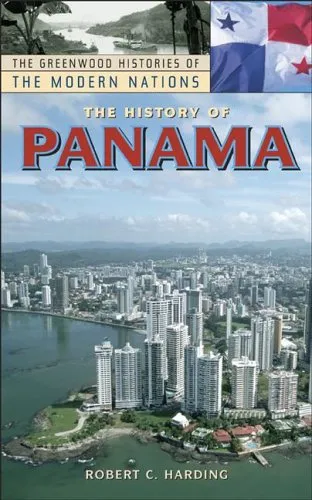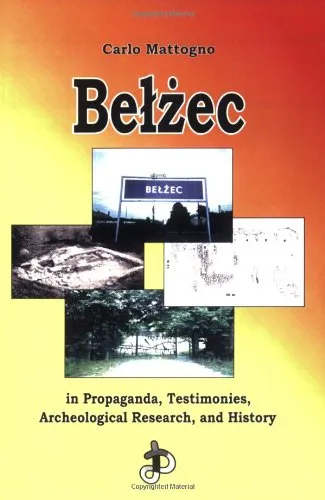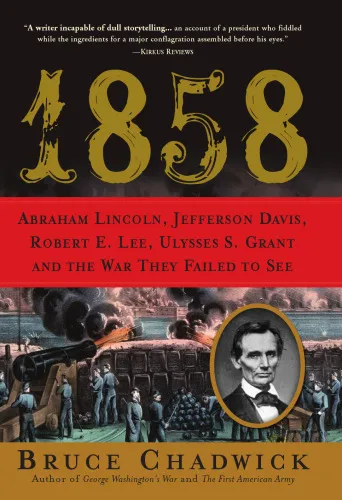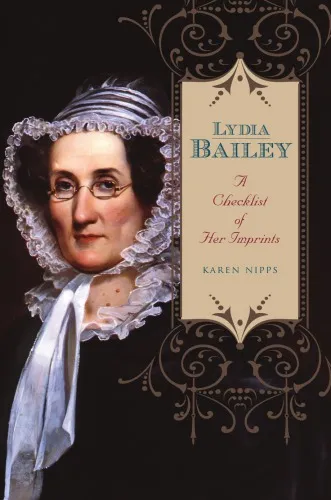The Bunkers of Auschwitz: Black Propaganda versus History
4.5
بر اساس نظر کاربران

شما میتونید سوالاتتون در باره کتاب رو از هوش مصنوعیش بعد از ورود بپرسید
هر دانلود یا پرسش از هوش مصنوعی 2 امتیاز لازم دارد، برای بدست آوردن امتیاز رایگان، به صفحه ی راهنمای امتیازات سر بزنید و یک سری کار ارزشمند انجام بدینکتاب های مرتبط:
خلاصه تحلیلی کتاب
کتاب The Bunkers of Auschwitz: Black Propaganda versus History نوشتهی کارلو متوگنو، پژوهشی عمیق و مستند در زمینهی تاریخنگاری هولوکاست و بهویژه روایتهای مرتبط با سازههای موسوم به «Bunkers» در اردوگاه Auschwitz است. نویسنده با رویکردی تحلیلی، به ارزیابی اسناد، شهادتها، و منابع آرشیوی میپردازد تا از زاویهای تاریخی، صحت و سقم ادعاهای موجود را بررسی کند.
این اثر نه تنها به بازبینی روایتهای غالب میپردازد، بلکه با نگاهی انتقادی، نقش «Black Propaganda» یا تبلیغات سیاه را در شکلدهی به برداشتهای عمومی و علمی مورد تحلیل قرار میدهد. کتاب برای خوانندگان جدی، به ویژه محققان حوزه تاریخ معاصر، نگاهی دقیق به جزئیات و فرآیندهای تولید روایتهای تاریخی فراهم میآورد.
نکات کلیدی و کاربردی
یکی از ویژگیهای برجسته کتاب، تمرکز بر مقایسه بین دادههای تاریخی معتبر و ادعاهای رایج است. این رویکرد، به مخاطب کمک میکند تا روش علمی تحقیق و نقد منابع را بیاموزد.
کتاب برای پژوهشگران این پیام را دارد که هر داده تاریخی را باید در بستر واقعی و مستند آن تحلیل کرد؛ بهویژه در موضوعات حساس مانند تاریخ هولوکاست و اردوگاههای نازی. همین نکته، مقالهها و تحقیقات آتی را غنیتر و دقیقتر خواهد ساخت.
نویسنده با همنشینی روایتهای شاهدان، گزارشهای آرشیوی، و تحلیل ساختاری منابع، ابزاری عملی برای تشخیص «تبلیغات سیاه» در مطالعات تاریخی ارائه میکند.
نقلقولهای ماندگار
در کتاب، بخشهایی وجود دارد که به دلیل صراحت و وضوح نگاه، در ذهن خواننده ماندگار میشوند. این نقلقولها نه تنها بازتاب دیدگاه نویسنده هستند، بلکه به فهم عمیقتر موضوع کمک میکنند.
برای شناخت تاریخ، باید از لایههای روایت عبور کرد تا به حقیقت رسید.
نامشخص
تبلیغات سیاه میتواند چنان ساختار ذهنی ایجاد کند که حتی اسناد معتبر هم بیاثر شوند.
نامشخص
چرا این کتاب اهمیت دارد
موضوع هولوکاست و اردوگاههای نازی از حساسترین و پرچالشترین عرصههای تاریخ معاصر است. در این میان، کتاب The Bunkers of Auschwitz: Black Propaganda versus History با ارائه رویکردی مستند و انتقادی، به پالایش حقیقت کمک میکند.
این اثر با تحلیل تبلیغات جنگ و نقش آن در شکلدهی به تاریخ، نه تنها برای پژوهشگران بلکه برای همه علاقهمندان جدی به تاریخ، درسهایی مهم در حوزه روششناسی ارائه میدهد. اهمیت آن در این است که خواننده را به جستجوی بیوقفه حقیقت، فراتر از روایتهای تثبیتشده، فرا میخواند.
با توجه به استفاده دقیق از منابع و جلوگیری از ادعاهای غیرمستند، کتاب نمونهای از مسئولیتپذیری علمی و اخلاقی در پژوهش تاریخی محسوب میشود.
نتیجهگیری الهامبخش
در نهایت، کتاب The Bunkers of Auschwitz: Black Propaganda versus History نمونهای درخشان از پژوهش انتقادی است که خواننده را به تأمل عمیق در باب حقیقت تاریخی دعوت میکند. فارغ از موضعگیریها، این اثر نشان میدهد که برای درک تاریخ، باید به بررسی دقیق تمام لایهها پرداخت.
اگر به شناخت بیواسطه و دقیق تاریخ علاقهمندید، مطالعه این کتاب و گفتگو درباره آن، نه تنها دانش شما را گسترش میدهد، بلکه نگاهتان را نیز به رویکردهای پژوهشی دگرگون خواهد کرد. این اثر را بخوانید، نقد کنید و با دیگران به اشتراک بگذارید تا چرخه اندیشه و بررسی در جامعه علمی پربارتر شود
Analytical Summary
The book The Bunkers of Auschwitz: Black Propaganda versus History represents a meticulous and unwavering examination of historical claims surrounding the so‑called “bunkers” at Auschwitz. This work endeavors to clarify the complex interplay between archival evidence, wartime testimony, and post‑war interpretations, situating these elements within a broader historical context. By confronting both the documented facts and controversial narratives, the book challenges readers to critically assess the reliability of sources and the forces that shaped them.
At its core, this text emphasizes the necessity of separating propaganda from verifiable historical record — a task essential for academics, historians, and professionals in Holocaust studies. It dissects wartime and post‑war allegations about the existence, function, and purpose of specific underground and above‑ground structures within Auschwitz. Through detailed analysis, the author weighs the testimonies against technical, architectural, and documentary data, ultimately guiding readers toward a more evidence‑driven understanding.
Information such as the exact publication year is unavailable due to the absence of reliable public documentation on multiple bibliographic repositories, yet the scholarly ambition of the work remains apparent. The narrative approach is rigorous but accessible, ensuring that even complex forensic details are communicated with clarity. This authoritative analysis stands as both a historiographical contribution and an invitation to deeper inquiry.
Key Takeaways
This book delivers several key insights for readers invested in Holocaust historiography and critical source evaluation. It is not merely a catalog of historical data — it is a methodological guide to distinguishing evidence from politically charged narrative frameworks.
First, the author underscores the importance of scrutinizing the provenance and reliability of testimony. Second, the text demonstrates how architectural analysis can affirm or contradict historical claims. Third, the work exemplifies how propaganda can distort collective memory, emphasizing its enduring influence long after the events in question. Fourth, it encourages interdisciplinary collaboration between historians, archivists, and forensic experts. Finally, by embedding its analysis within the wider historiographical debate, the book situates Auschwitz research within the broader mosaic of twentieth‑century history.
Memorable Quotes
“Historical truth is often the first casualty in the war of narratives.” Unknown
“Without rigorous source verification, memory becomes a playground for myth.” Unknown
“Evidence must be weighed, not merely collected.” Unknown
Why This Book Matters
The Bunkers of Auschwitz: Black Propaganda versus History matters because it prompts the scholarly community to rethink how history is constructed, contested, and communicated. In the sensitive and often polarized arena of Holocaust historiography, such reassessment is both timely and necessary.
By carefully deconstructing propaganda elements and contrasting them with tangible evidence, the book provides a framework for more accurate historical reconstruction. Its value lies not only in what it explains, but also in the rigorous standards it exemplifies, relevant to any field where contested events must be understood through fragmentary, biased, or politically influenced records.
Inspiring Conclusion
In closing, The Bunkers of Auschwitz: Black Propaganda versus History stands as a testament to the enduring importance of critical scholarship in the face of contested narratives. It is an invitation to engage with history not as passive consumers of received wisdom, but as active participants in its rigorous examination.
For academics, researchers, and serious readers alike, the book offers both a challenge and a guide: to question, to verify, and to contribute thoughtfully to our collective understanding of the past. Readers are encouraged to delve into its pages, reflect on its analyses, share its insights with colleagues, and discuss its implications in academic and public forums. The next step is yours — take up the pursuit of truth, and carry it forward.
دانلود رایگان مستقیم
شما میتونید سوالاتتون در باره کتاب رو از هوش مصنوعیش بعد از ورود بپرسید
دسترسی به کتابها از طریق پلتفرمهای قانونی و کتابخانههای عمومی نه تنها از حقوق نویسندگان و ناشران حمایت میکند، بلکه به پایداری فرهنگ کتابخوانی نیز کمک میرساند. پیش از دانلود، لحظهای به بررسی این گزینهها فکر کنید.
این کتاب رو در پلتفرم های دیگه ببینید
WorldCat به شما کمک میکنه تا کتاب ها رو در کتابخانه های سراسر دنیا پیدا کنید
امتیازها، نظرات تخصصی و صحبت ها درباره کتاب را در Goodreads ببینید
کتابهای کمیاب یا دست دوم را در AbeBooks پیدا کنید و بخرید
1187
بازدید4.5
امتیاز0
نظر98%
رضایتنظرات:
4.5
بر اساس 0 نظر کاربران
Questions & Answers
Ask questions about this book or help others by answering
No questions yet. Be the first to ask!
